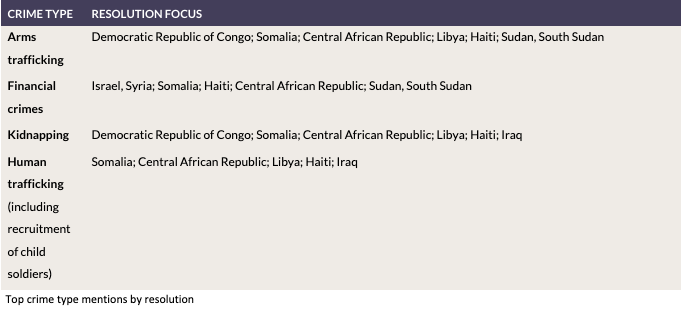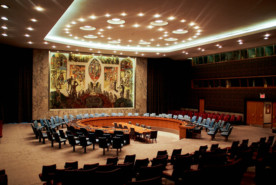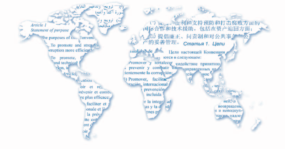Posted on 28 Mar 2024
The UN General Assembly has adopted a resolution designating 15 November as the International Day for the Prevention of and Fight against All Forms of Transnational Organized Crime. The initiative was led by a core group of UN member states, including Austria, Colombia, Dominican Republic, Hungary, Italy, Japan, Morocco, Peru and Saudi Arabia. Inspired by the upcoming 25th anniversary of the adoption of the UN Convention against Transnational Organized Crime (UNTOC) in 2025, the resolution was adopted by consensus at the General Assembly on 21 March 2024.
The resolution establishes an annual day to raise awareness of the threats posed by all forms of transnational organized crime and to enhance international cooperation. The establishment of such a day draws attention to the harms caused by organized crime, as well as to the work being done to combat and prevent them. The resolution asks the UN Office on Drugs and Crime to facilitate the observance of the day, and invites governments and individuals from all UN and regional organizations, civil society, the media and academia to commemorate it.
In the context of a complex geopolitical situation and polarization at the UN on key issues such as the negotiation of a new convention on cybercrime and the lack of progress and data from the UNTOC Review Mechanism, the designation of a special day demonstrates political recognition of the truly global nature of organized crime and the importance of working together to combat the problem.
The resolution specifically acknowledges the impact of organized crime on key UN goals, including security, stability, the rule of law and sustainable development. At the Global Initiative Against Transnational Organized Crime (GI-TOC), our research shows that illicit economies – and the actors who facilitate and profit from them – have a serious negative impact on these agendas. Thinking of the harms caused by organized crime in relation to UN goals is helpful in understanding the nature of the threat. The problem is not one product or one trafficking route – illicit economies are entire ecosystems that deprive societies of their rights to development, security and even to life. Because organized crime is not just a law enforcement issue, it requires a whole-of-society response. And because it affects almost every country in the world – as the Global Organized Crime Index shows – a global effort is essential.
The resolution follows the UN Security Council’s open debate and presidential statement on transnational organized crime in December 2023. During the debate, Council members highlighted the need for better analysis of illicit economies, particularly in conflict zones, and for more effective and coordinated responses. The presidential statement recognized the importance of policy and conflict analysis, including on criminal networks, and its relevance to UN conflict prevention efforts, and integrated mission assessment and planning.
The GI-TOC’s interactive tool, ‘Charting organized crime on the UN Security Council agenda’, tracks references to organized crime in Council resolutions since the year 2000. The latest research found that in 2023, 53 per cent of resolutions mentioned one of the crime types tracked by the tool, compared to 55 per cent in 2022. Arms trafficking continues to be the crime that attracts the most attention, with financial crimes, kidnapping and human trafficking also frequently mentioned. Most of these references relate to specific countries on the Council’s agenda, reflecting the link between conflict, instability, and illicit markets and organized crime, as highlighted in the Security Councils’ presidential statement.

As peacekeeping missions shut down, new mission formations emerge and responsibility for global peace shifts, it is essential to understand how illicit economies play a role in preventing peace and challenging security in a changing world. But as the newly designated day to raise awareness of the harms of transnational organized crime shows, the risks extend beyond conflict zones and affect the realization of many global goals, from peace and security to the Sustainable Development Goals.
While recognizing the positive momentum that the new international day may generate, it is important not to lose sight of the tools and mechanisms already available to the UN and its member states. Nearly all member states have signed the UNTOC, but as they prepare to gather in October 2024 for the convention’s 12th Conference of the Parties (CoP), its review mechanism, which tracks country-level progress, has yet to produce a single country review. At the same time, civil society input and access to the process remains limited, despite a growing constituency of organizations participating in the CoP and its constructive dialogue process.
It is therefore imperative that the international day against organized crime becomes more than a platform for rhetoric about the need for greater international cooperation. It should be a call to action for the UN and its member states to critically evaluate and improve the implementation of the tools already available to them.



